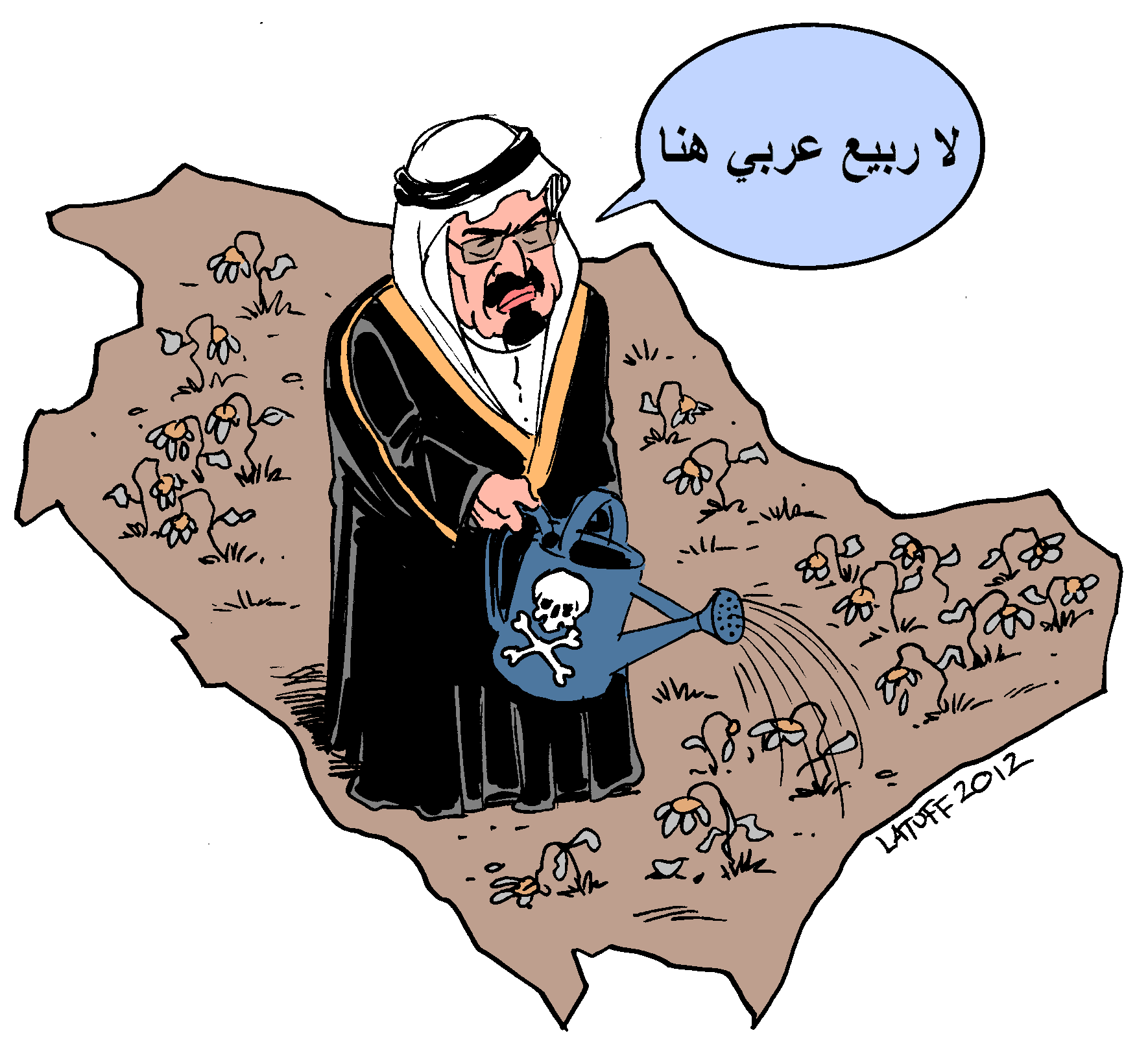Over 70 members of the United Nations have never served on the UN Security Council. On October 17, Saudi Arabia took the unprecedented step of rejecting their opportunity to leave this "club." Why would Saudi Arabia reject an influential position on the Security Council after its three year campaign to win it? While there have been many potential reasons offered for this move by Saudi, perhaps the most convincing and important is the perception of rejection as a strong message aimed directly at the United States. Saudi dissatisfaction over Syria and Iran has seemingly come to a head, and it is important to take note.
In Syria, the United States has seemingly settled for a diplomatic solution to the chemical weapons issue, and by extension a continuation of the civil war. While this outcome may be palatable for the US, the major loser (in addition to the Syrian people) has been the Kingdom of Saud. The Saudis have spent millions supporting the moderate Syrian resistance, which is increasingly being sidelined as the prospect of a Western intervention dwindles into nothingness. In their place have risen the radical Islamists, who the Saudis see as a threat not only to broader regional security but their own regime, as the Saudis who returned from Afghanistan in the 1980's did. The end of the prospect of serious Western support for the Free Syrian Army has emboldened radical elements in the Syrian resistance, and the scope of Saudi Arabia's campaign pales in comparison to Iran's, which has mobilized Hezbollah and deployed Revolutionary Guard units.
 The Saudis' other major concern is the ongoing negotiations with Iran over their nuclear program. Not only has Saudi Arabia not been a party to any talks held, but the Saudis do not believe that Iran can be trusted to negotiate in good faith. To Saudi Arabia, Iran is an existential threat, exacerbated by the deteriorating situation in Syria. The prospect of a radical Shi'a crescent of Iran, Iraq, and Syria is understandably terrifying to the Saudis, and in their minds the United States has not done enough to stem this threat. As long as the United States continues working towards accommodation with Iran, King Abdullah will surely be displeased.
The Saudis' other major concern is the ongoing negotiations with Iran over their nuclear program. Not only has Saudi Arabia not been a party to any talks held, but the Saudis do not believe that Iran can be trusted to negotiate in good faith. To Saudi Arabia, Iran is an existential threat, exacerbated by the deteriorating situation in Syria. The prospect of a radical Shi'a crescent of Iran, Iraq, and Syria is understandably terrifying to the Saudis, and in their minds the United States has not done enough to stem this threat. As long as the United States continues working towards accommodation with Iran, King Abdullah will surely be displeased.
But should placating Saudi Arabia be a high priority when determining American policy? Ultimately, Saudi foreign policy options are relatively limited - Saudi Arabia needs the United States more than the US needs them. No other country can provide the military and economic resources that the United States does to
Saudi Arabia, and the United States and world economy at large are much less reliant on Saudi oil than they were 20 years ago. While Saudi Arabia remains an important ally in the Middle East and the United States should remain mindful of its interests, policy in the region should not be overly influenced by a hyper conservative petro-state in a region gradually decreasing in strategic importance; Saudi Arabia's rejection of a Security Council seat is an act of desperation by a state rapidly losing relevance to its most important patron.


No comments:
Post a Comment